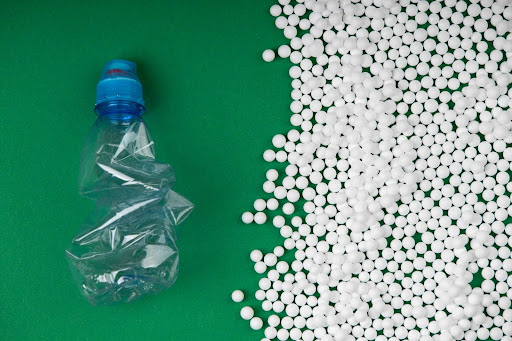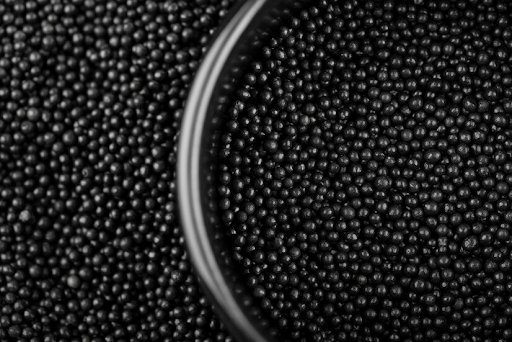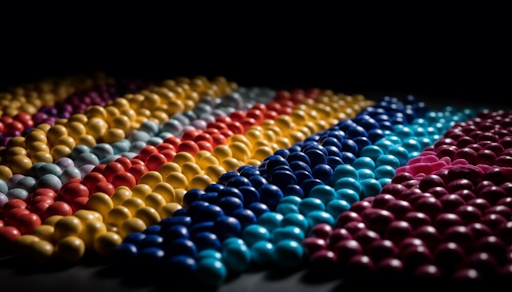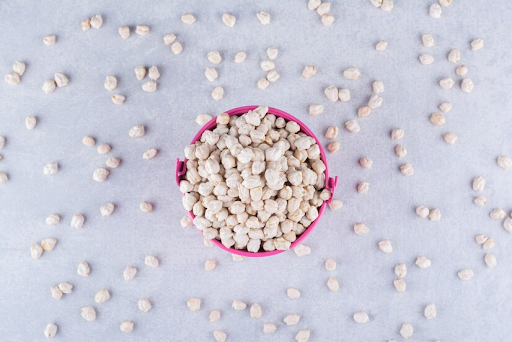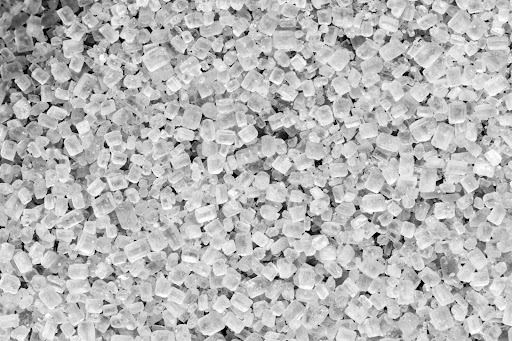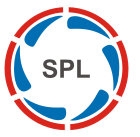Polystyrene is a widely used thermoplastic material recognized for its versatility, durability, and cost-effectiveness. Derived from the polymerization of styrene, polystyrene finds applications across numerous industries, making it an integral part of modern manufacturing and daily life.
Understanding Polystyrene Material
Polystyrene is a synthetic aromatic polymer that comes in solid and foam forms. Its properties make it suitable for both rigid and flexible applications. Some of the main characteristics of the polystyrene material are as follows:
- Lightweight and Durable: The low density makes it easy to handle and ideal for applications where weight is a concern.
- Cost-Effective: It offers an affordable solution for large-scale production without compromising quality.
- Good Insulating Properties: Polystyrene is an excellent thermal insulator, which is why it is commonly used in food packaging and building materials.
- Ease of Molding and Customization: It can be easily molded into various shapes and sizes, making it suitable for intricate designs.
Types of Polystyrene
- General Purpose Polystyrene (GPPS): Known for its clarity and rigidity, GPPS is widely used in packaging, household items, and medical products.
- High-Impact Polystyrene (HIPS): HIPS is used as a blend with rubber for improved toughness. This type of plastic is ideal for applications that demand impact resistance, such as in electronics and toys.
- Expanded Polystyrene (EPS): This is the light foam which is primarily used for insulation, packaging, and protective cushioning.
- Extruded Polystyrene (XPS): This has a high insulating property. It is mainly used in construction.
Applications of Polystyrene
Packaging Industry
Polystyrene is an important packaging material because it is light and protective. It is used for:
- Food containers and trays.
- Protective packaging for electronics and fragile items.
- Disposable cutlery and plates.
Construction Industry
The thermal insulation properties of the polystyrene material make it a popular choice in construction:
- EPS and XPS are used to insulate walls, roofs, and floors.
- It contributes to energy efficiency in buildings by reducing heat transfer.
Electronics
The rigid and electrical insulating nature of polystyrene makes it suitable for electronic housings and components. Some products, such as television casings, computer parts, and remote controls, require HIPS for durability and performance.
Medical and Healthcare
Polystyrene is a reliable material in the medical field because of its clarity, sterility, and ease of use:
- It is used in medical device casings, test tubes, and petri dishes.
- Single-use products like syringes and pipettes are commonly made of GPPS to save on costs and for hygienic purposes.
Consumer Products
Polystyrene is versatile enough to be used in toys and other household products. Its impact resistance and aesthetic appeal make it ideal for everyday products.
Advantages of Polystyrene
- Sustainability Options
Polystyrene is one of the highly recyclable plastics, and therefore, it’s an eco-friendly option for manufacturers who would like to decrease waste. New recycling technologies allow it to be converted into new products, supporting a circular economy and reducing its environmental footprint.
- Customization
Polystyrene can be customized to fulfill specific requirements using additives and masterbatches. These modifications give properties such as increased strength, UV resistance, and a vast range of colors, making it perfect for various applications.
- Cost-to-Performance Ratio
Polystyrene is relatively inexpensive, and its mechanical properties are sound, hence the reason for its popularity among large-scale manufacturers. It is economical yet meets performance requirements; the best example of a safety-to-performance ratio can be seen in packaging and consumer goods.
- Safety and Compliance
Polystyrene adheres to strict safety standards, and hence is relatively safer for application in food packaging and medical applications, as it is non-toxic and maintains hygiene.
Innovations in Polystyrene Usage
The continuous development of polystyrene material focuses on improving its recyclability and performance. Advanced additives and technologies allow for better strength, thermal properties, and environmental compliance. Innovations such as biodegradable polystyrene and high-performance foams are now opening up new frontiers for its applications.
Conclusion
Polystyrene is a material that has great functionality, adaptability, and cost-effectiveness. Widespread usage across industries underscores its importance in shaping modern manufacturing. Supreme Petrochem Ltd. is a leading polystyrene solutions company that delivers innovative, high-quality products tailored to diverse industrial needs.

